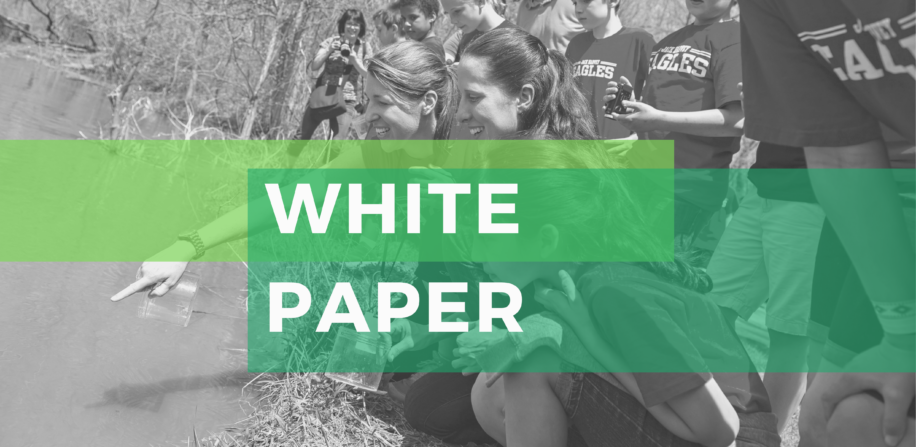Share on linkedin LinkedIn Share on twitter Twitter Share on email Email Download The Southeastern Michigan Stewardship Coalition (SEMIS) is a high impact and low-cost school reform for adults and students to build their repertoire of ecological stewardship skills – SEL, STEM and civic – and experience agency from the practice of ecological stewardship in … Continue reading SEMIS Coalition for Place-Based Ecological Stewardship: Growing a Movement, Getting Ready for Growth

